Articles
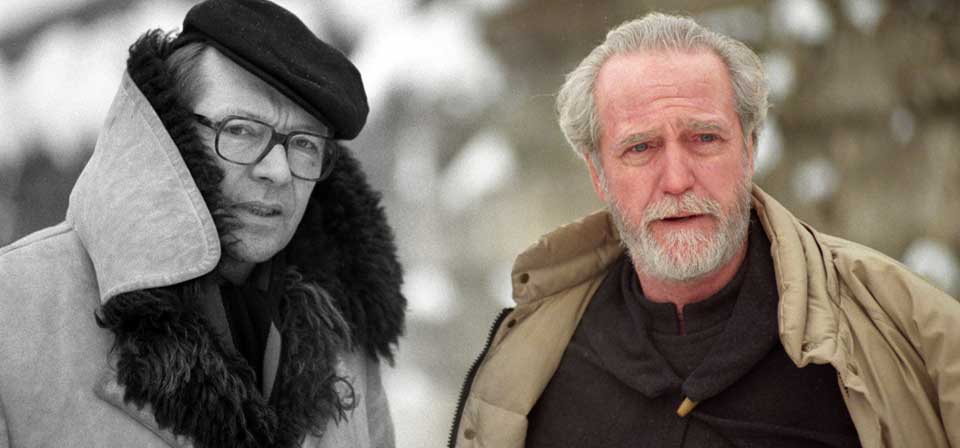
“You do it for Christ, and forget the rest”
Krzysztof Zanussi on Our God’s Brother, Adam Chmielowski, Pope John Paul II, and how he discovered Christoph Waltz.

The culture of wrath: How not to poison your soul on social media
The pitfalls of human nature being what they are, to dwell excessively on negative thoughts and preoccupations — to give free rein to outrage, anger, fear, antipathy, and, all too easily, hatred — is a constant temptation. (It’s a special hazard during election seasons, but the problem is perennial.) That which is dishonorable, unjust, impure, and worthy of condemnation drowns out what is honorable, just, pure, and worthy of praise.
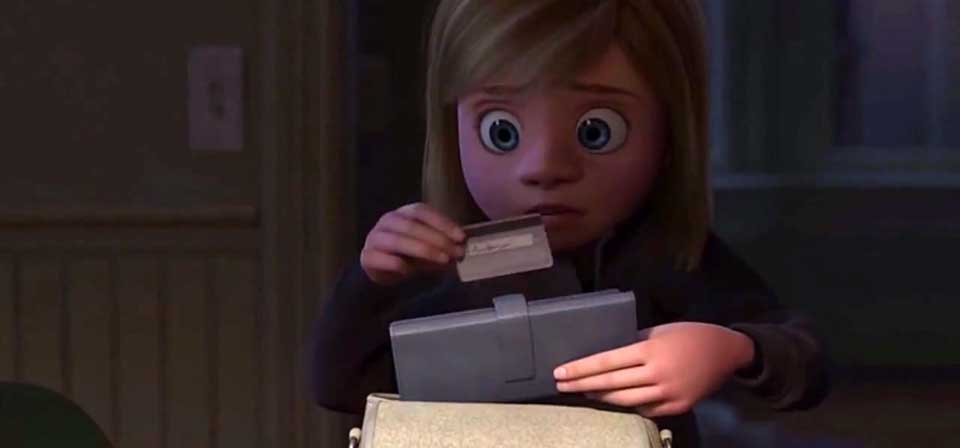
Inside Out and upside down: Does Pixar’s most recent masterpiece distort human nature?
None of this is to say that Inside Out doesn’t present a lopsided view of the place of emotions in human nature. It does. Most if not all stories, even great ones, are lopsided in some respect or other.
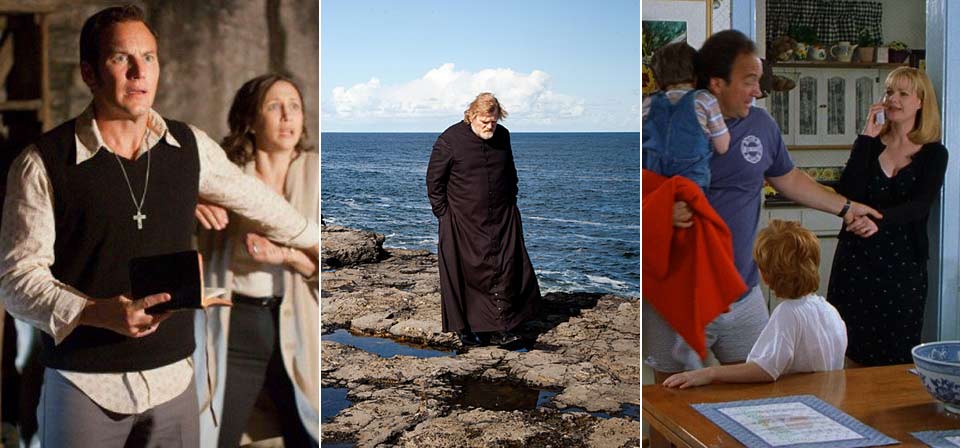
Where are Hollywood’s good Catholic characters?
Here is a sobering question: Has there been a single substantial, positive depiction of Catholic faith or identity in a major Hollywood non-horror film in the last 10 or 15 years?
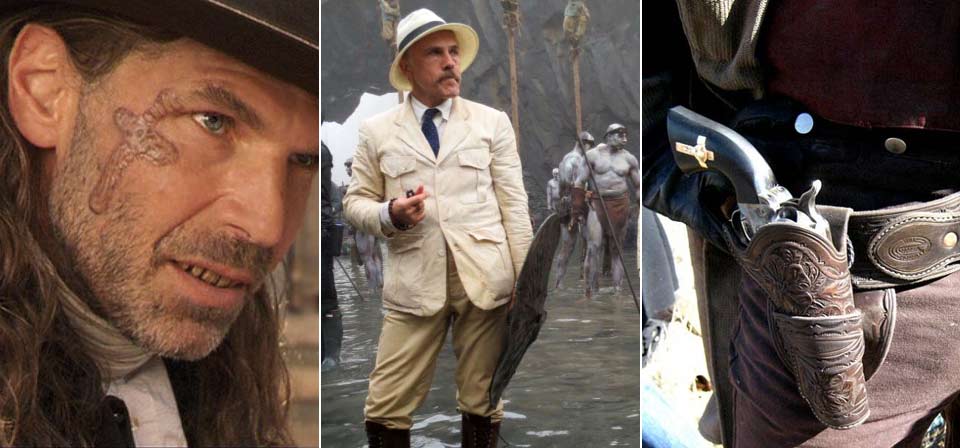
Let’s face it: Hollywood’s got a “religion problem”
One area of representation is disproportionately ignored: how Hollywood deals with religious belief and identity.
![Warcraft [video]](/uploads/articles/warcraft.jpg)
Warcraft [video]
This may be the first movie I’ve ever seen where I got more out of reading the Wikipedia entry afterwards.
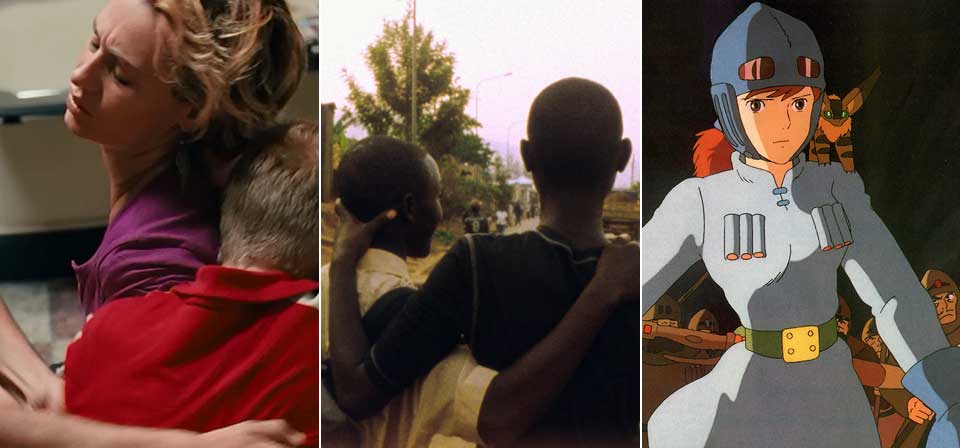
Movies and mercy: The Arts & Faith Top 25 Films on Mercy
In the face of the latest crushing evidence of man’s inhumanity to man, the Top 25 Films on Mercy remind us that the way it too often is isn’t the whole story, or the way it has to be.
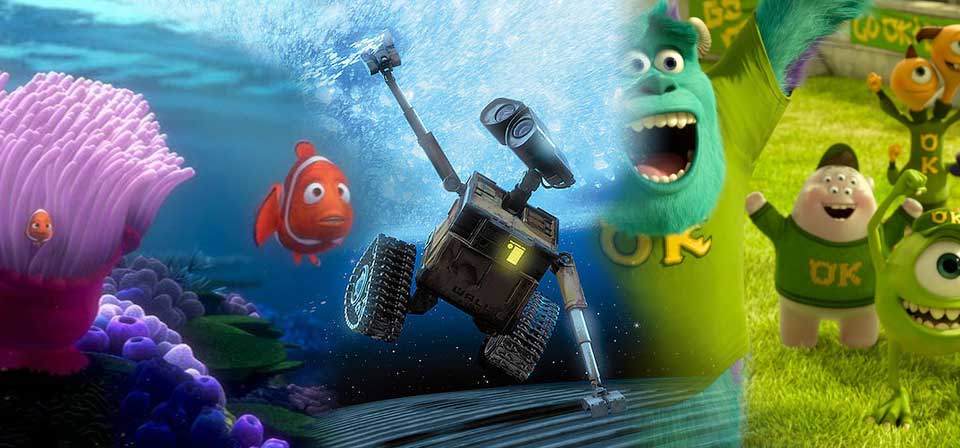
Three ages of Pixar
For 15 astonishing years, from 1995 to 2009, Pixar created a body of work — 10 films — so revolutionary and beyond mainstream Hollywood animation that it’s hard to quantify … In recent years, alas, Pixar has stumbled more often than not.

Violence and virtue: How Christian is The Revenant?
Whether one sees The Revenant as a spiritually rich, profound meditation on good and evil or an overwrought attempt to transmogrify atrocity into transcendence, Christians should recognize that when it comes to media depictions of violence, there are two potential dangers, not just one.
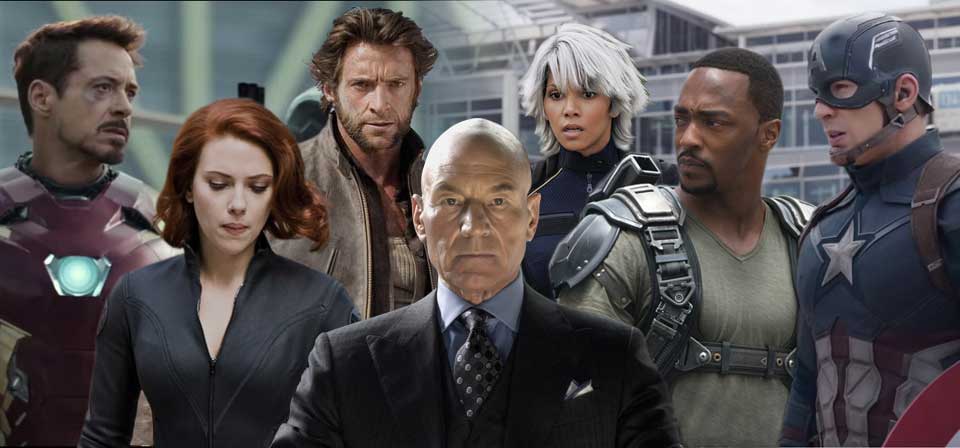
Make Mine Marvel
The modern era of superhero movies was arguably inaugurated by two films: Bryan Singer’s 2000 X-Men and Jon Favreau’s 2008 Iron Man.

Whit Stillman and the discreet charm of the Urban Haute Bourgeoisie
He’s been called “the WASP Woody Allen,” but I prefer my friend Ron Reed’s moniker for Whit Stillman: “the Jane Austen of indie film.”
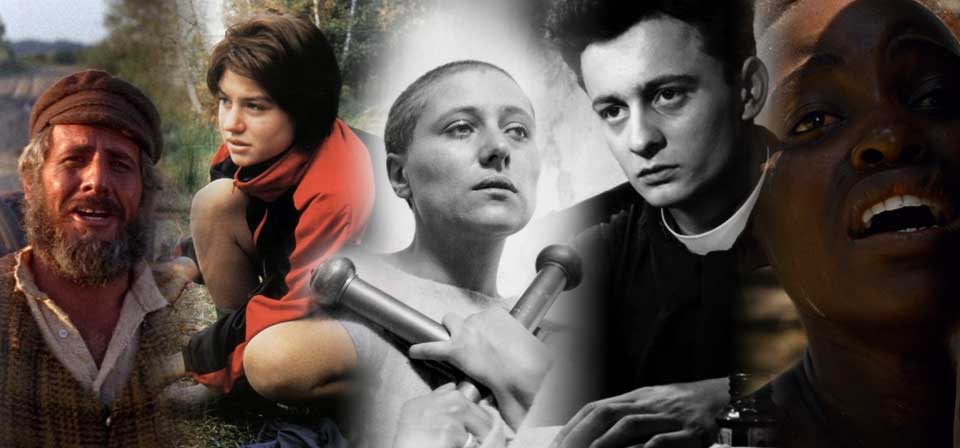
“That’s a crucifixion!”
But the Crucifixion was not only on Calvary, and if Christ is on the waterfront, he can also be found in a medieval prison cell, a cheap, penny-ante building and loan in a crummy little town, a Russian shtetl (a small Jewish town in Eastern Europe), a Belgian trailer park, or the slaves’ quarters of a 19th-century Louisiana plantation.
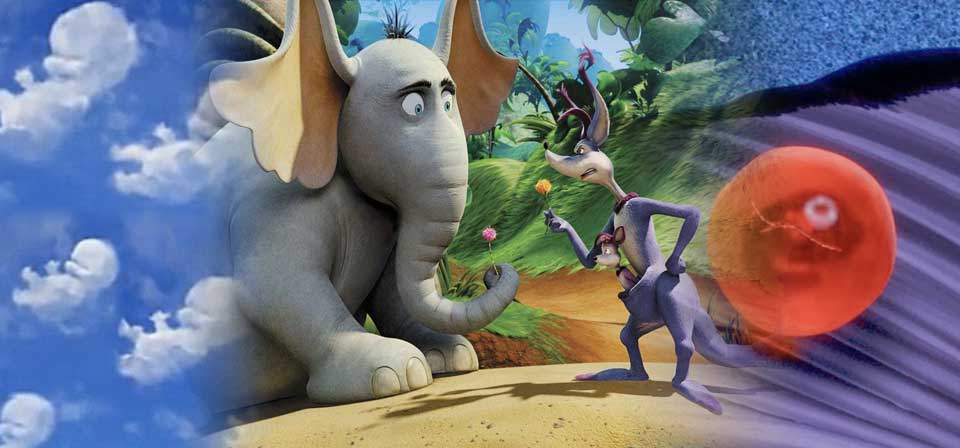
“A person’s a person”: Animation and the cultures of life and death
Clearly Horton can be called a “pro-life” hero in a broad sense, and even in a sense that resonates in some striking ways with the pro-life cause. And his isn’t the only animated adventure with pro-life resonances.
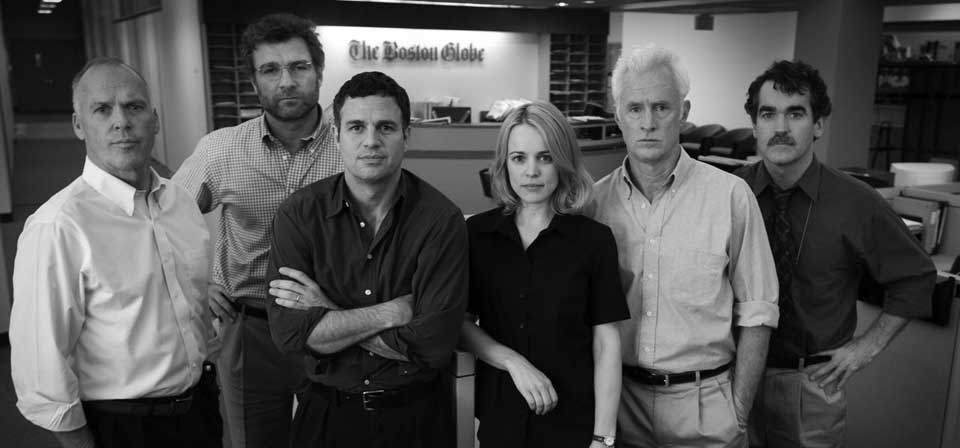
What’s Catholic response to Spotlight been like? Mostly positive, actually.
Why has Catholic response to Spotlight been so positive? One key reason is the film’s shrewd choice of point of view.
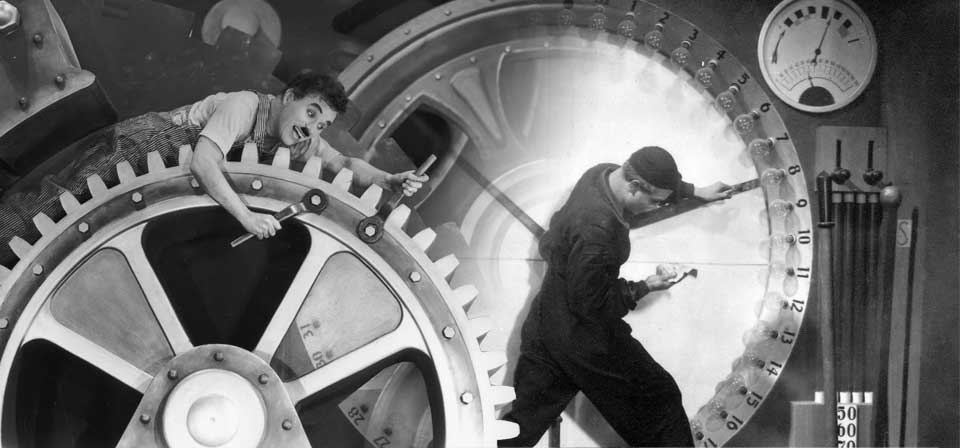
Silent rage against the machine: Metropolis and Modern Times
Metropolis is an operatic, dystopian science-fiction parable with roots in various sources including biblical and medieval Christian imagery, while Modern Times is a satiric comedy at times recalling Dickens and anticipating “Dilbert.” Yet the two films converge around political, economic, social, and technological themes.
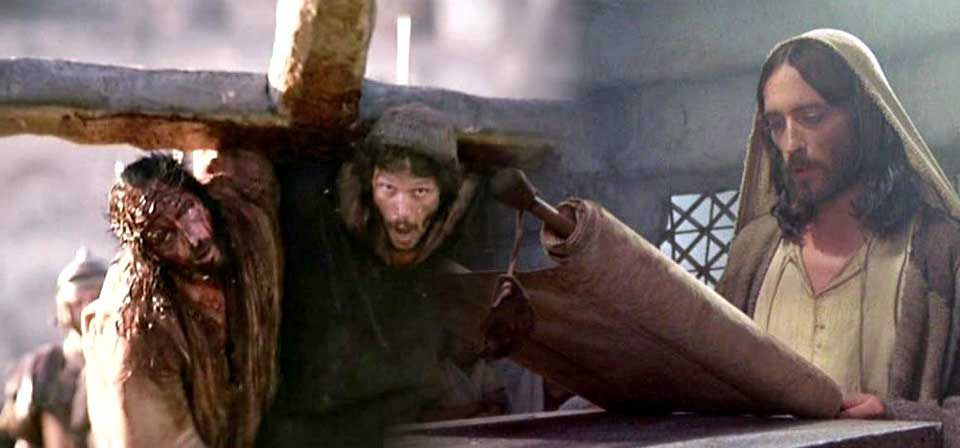
Jesus movies and antisemitism: Jesus of Nazareth and The Passion of the Christ
While concerns around “Jesus of Nazareth” were short-lived, The Passion of the Christ remains controversial, beloved by many and condemned by many others.
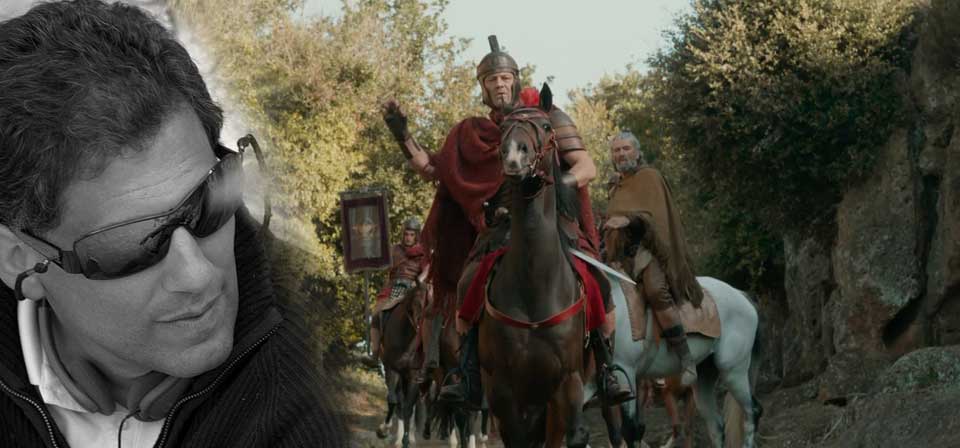
Interview: The Young Messiah filmmaker Cyrus Nowrasteh
The director of my favorite movie this spring about Jesus and a Roman soldier talks about working with Sean Bean, Jesus’ human consciousness, and bringing the biblical world to life.
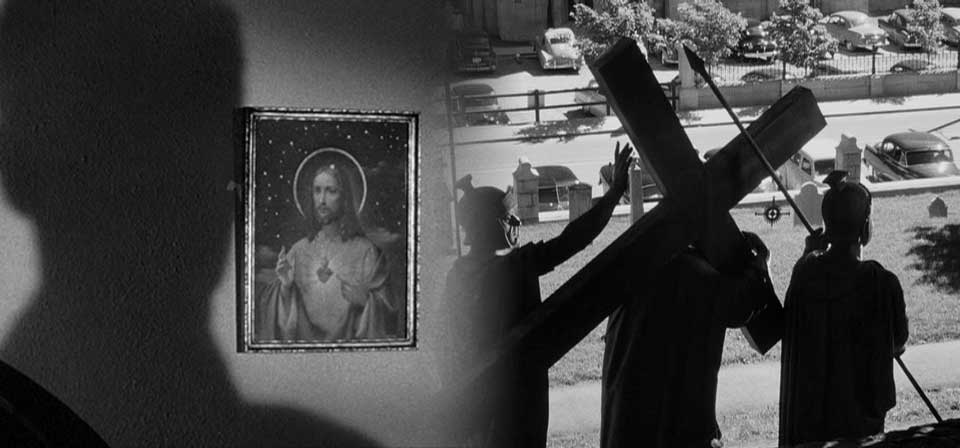
Alfred Hitchcock’s two most Catholic films
Intriguingly, although I Confess was made first and The Wrong Man closely follows its true story, there are a number of notable convergences between the two films.
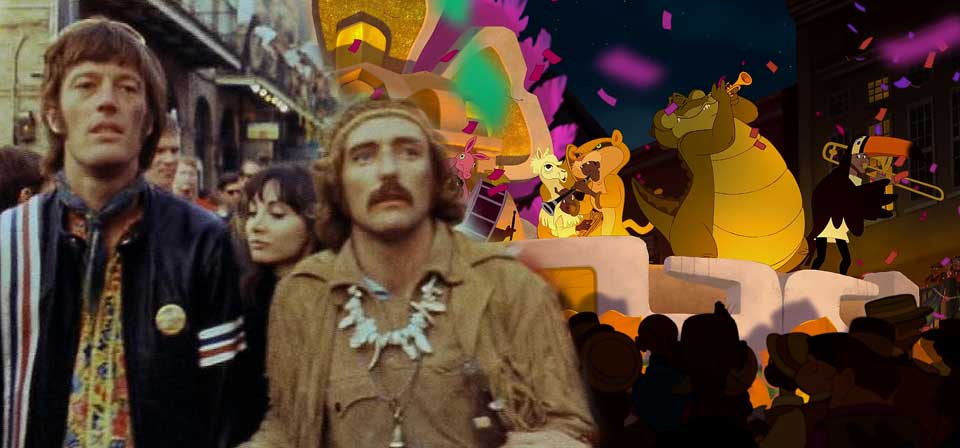
Mardi Gras and movies: Easy riders, anthropomorphic frogs
New Orleans’ legendary Mardi Gras celebration has been depicted or used as a backdrop in scores of films, though surprisingly few depictions are of any great or enduring note.
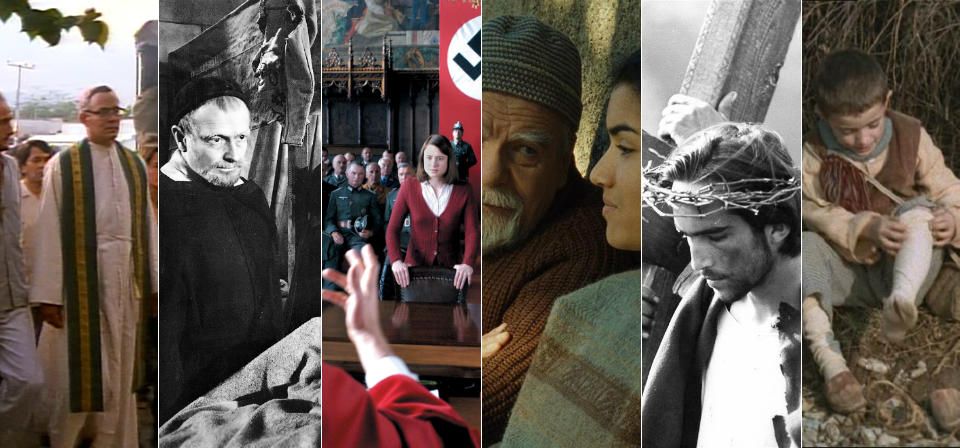
Mercy and movies: Lenten viewing for the Year of Mercy
Six years ago I put together a list of movie recommendations for Lenten viewing, six titles for the six weeks of Lent. This year, for the Year of Mercy, here’s a new list: one that puts particular emphasis on mercy, charity, and active concern for one’s neighbor.
Recent
- Crisis of meaning, part 3: What lies beyond the Spider-Verse?
- Crisis of meaning, part 2: The lie at the end of the MCU multiverse
- Crisis of Meaning on Infinite Earths, part 1: The multiverse and superhero movies
- Two things I wish George Miller had done differently in Furiosa: A Mad Max Saga
- Furiosa tells the story of a world (almost) without hope
Home Video
Copyright © 2000– Steven D. Greydanus. All rights reserved.